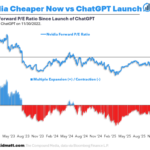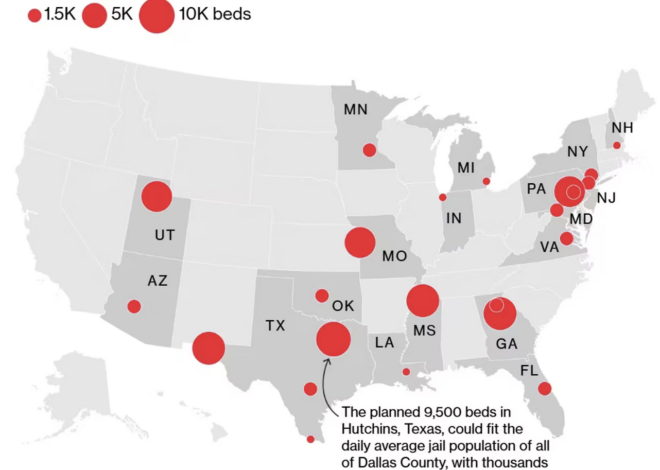Real Estate as a Hedge Against Stock Market Risks
1. Garden Variety Stock Market Corrections
When stocks drop because prices outpace fundamentals without a recession real estate often keeps running smoothly. Rental income, property values, and tenant demand remain stable, making it an excellent hedge.
2. Geopolitical Risk
From trade wars to international conflicts, geopolitical shocks can rattle stocks especially companies dependent on global supply chains.
-
- Impact on stocks: Supply chain disruptions, tariff costs, market panic
-
- Impact on U.S. real estate: Minimal unless the situation spirals into a major recession
Real estate, especially local residential property, is largely insulated from these events.
3. Recessions
Recession risk for real estate investors breaks down into two areas:
Loss of Income
-
- Higher unemployment can lead to missed rent payments, higher vacancies, and tenant turnover.
-
- Residential landlords face moderate income risk, but certain property types (industrial, self-storage, mobile home parks) tend to hold up better.
Price Declines
-
- History shows single-family home prices did not fall in 4 of the last 6 recessions.
-
- Commercial property is more varied office space struggles, but industrial and self-storage often perform well.
-
- Lower interest rates during recessions can actually boost property values by lowering cap rates.
4. Inflation Risk
Inflation has a mixed impact on real estate:
Upside for Investors:
-
- Fixed mortgage payments stay the same while rents rise.
-
- Inflation pushes property values higher in nominal terms.
Downside:
-
- The Fed may raise interest rates sharply (as in 2022), which hurts valuations especially in commercial properties with variable-rate debt.
5. Stagflation – The Worst Case
Stagflation combines high inflation with economic stagnation or recession. It puts the Fed in a no-win situation:
-
- Raise rates to fight inflation → worsens recession.
-
- Cut rates to stimulate growth → fuels inflation.
Stagflation is bad for both stocks and real estate, making it the scenario all investors want to avoid.
Lessons from Recent History
-
- COVID-19 Crash (2020): Stocks plunged, then rebounded quickly. Residential real estate soared in value, except for office space.
Diversification Saved Portfolios: Investors with a balanced mix of stocks and real estate weathered the storm far better than those heavily concentrated in one asset class.








